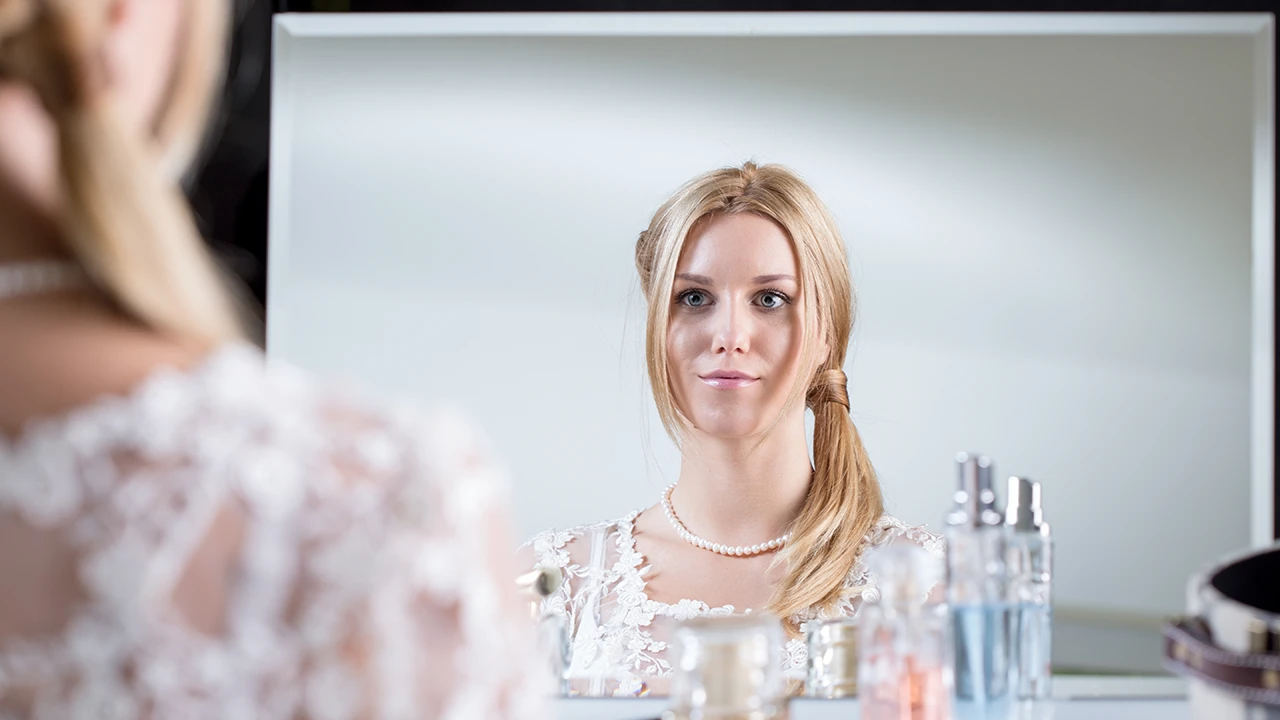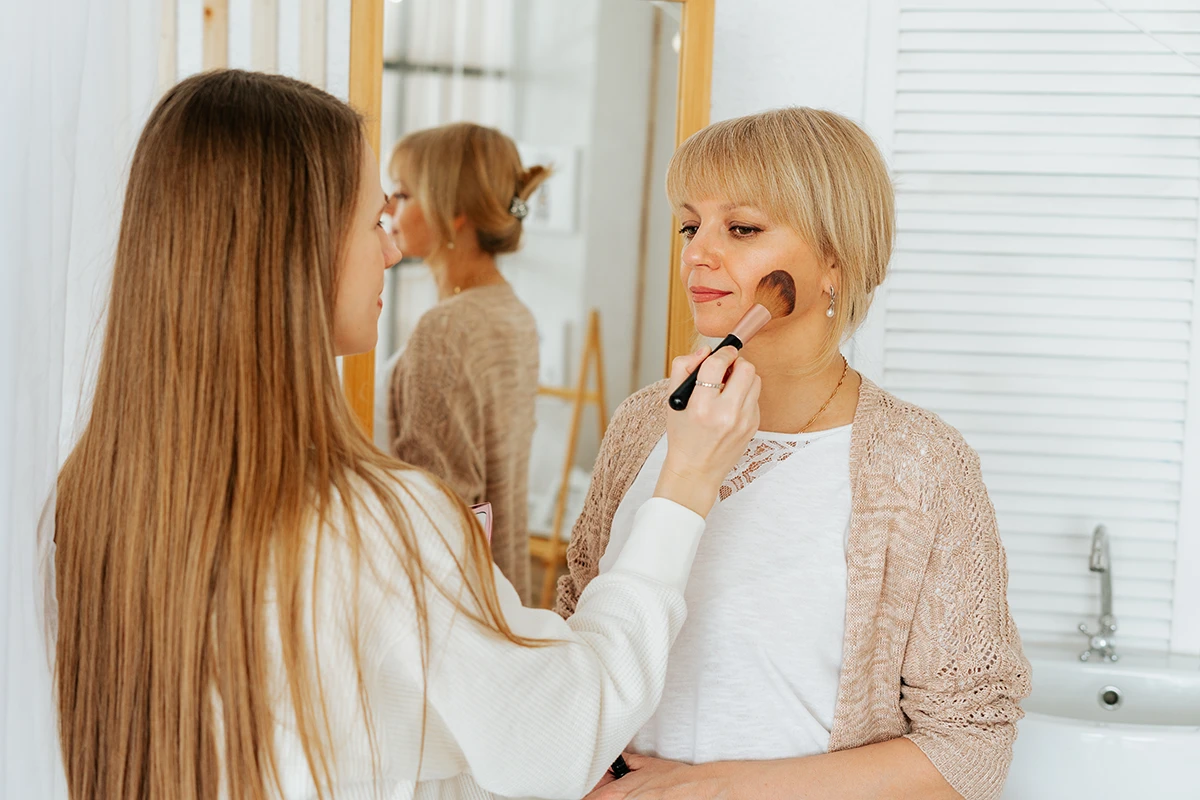
AHA’s and BHA’s Ahaas and baas. That’s how I read them, don’t question it. Alpha-hydroxy acids and beta-hydroxy acids or AHAs and BHAs for short are both acids that are beneficial to the skin. Obviously, otherwise we probably wouldn’t be talking about them, but is one better than the other? That’s like saying are apples or oranges better? Depends on your preference and depends on your skin type. First off, the acid sisters (yes, that’s the other name I have for them) are both great and help with a variety of skin care problems. Both are known to:
Both acids can be used together in your skin care routine to help increase collagen production, but should either be alternated or used occasionally, rather than daily, if the product itself contains both acids. If you have combination skin, you could also try using products that contain AHAs on the dry parts of your face, and products that contain BHAs on the oily parts.
AHAs are acids that come from natural sources like fruits. So you’re saying if I eat more fruits, my skin will be better? Uh, let’s not get ahead of ourselves here, I’m just getting started so don’t go load up your grocery cart with 12 pounds of berries. AHAs do help your skin, but let’s stick to skin care products that contain them. Cool. But like also if you want to eat 12 pounds of berries, you do you girl.AHAs are great for exfoliation and cell turnover. Hello, increased collagen production! They help get rid of dead skin cells and improve skin texture. As a fantastic bonus, they also can help the skin have a more youthful appearance by reducing the look of fine lines and wrinkles. Score one for the anti-aging properties. Types of AHAs include:

AHAs don’t penetrate as deep as BHAs making them especially beneficial for those with dry skin or aging skin as it's the more aggressive exfoliant of the two. Because of this, AHAs may not be great for sun sensitivity, but are perfect for anti-aging. AHAs are typically used to help improve:

BHAs are also a group of acids (duh we know) that come from natural sources, but unlike AHAs, they are oil-soluble. And we care about this because? I’m getting there! Oil-soluble just means they penetrate deeper into the pores than AHAs making them the perfect uh HAs for those with acne prone skin. BHAs, like AHAs can help reduce the appearance of fine lines and wrinkles, but they also help to remove the dirt and oil from deeper into the skin. Types of BHAs include:
If you have oily or acne prone skin, I bet you’ve heard of salicylic acid because it’s pretty much a staple for that skin type. BHAs are known to help with:
Bottom line is we love our acid sisters because they help our skin with all of the issues, now if only they could help with my other issues…

